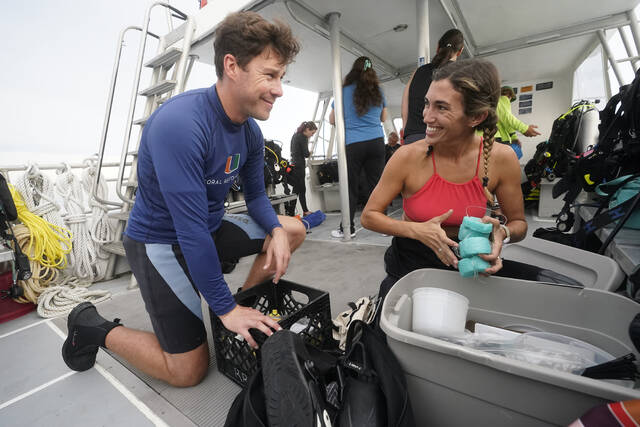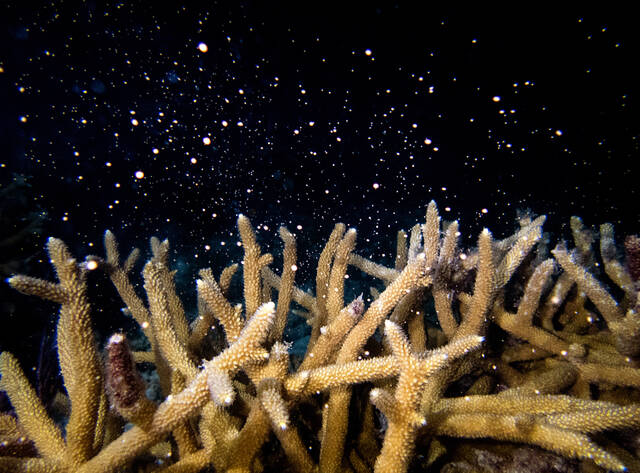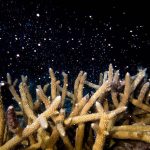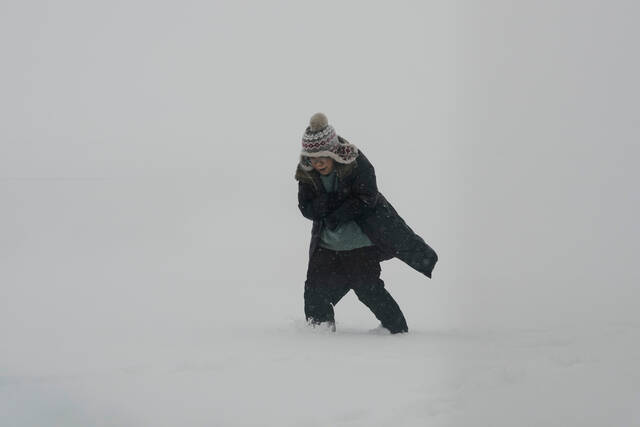MIAMI — Scientists and students from the University of Miami dove into the dark waters a few miles off the shores of Miami this week as part of an effort to develop hybrid reefs.
The team from the Rosenstiel School of Marine, Atmospheric, and Earth Science was on a mission to collect eggs and sperm from spawning staghorn coral, which they hope to use to fertilize other strains of staghorn corals in a lab.
It’s all part of a $7.5 million federal grant from the U.S. Defense Advanced Research Projects Agency to help address security threats to the military and civilian infrastructure along vulnerable coastal regions in Florida and the Caribbean.
The Miami-based project seeks to protect coastal bases from damaging hurricane storm surge using hybrid reefs.
“Our mission is to develop hybrid reefs that combine the wave-protection benefits of artificial structures with the ecological benefits of coral reefs,” said Andrew Baker, a professor and director of the Coral Reef Futures Lab at the Rosenstiel School. “We will be working on next generation structural designs and concrete materials, and integrating them with novel ecological engineering approaches to help foster the growth of corals on these structures.”
They will also be testing new adaptive biology approaches to produce corals that are faster-growing and more resilient to a warming climate, he said.
Coral spawns just a few nights every year, depending on water temperature and lunar cycle, coral colonies simultaneously release their eggs and sperm into the water column, which fertilize one another to create baby coral.











